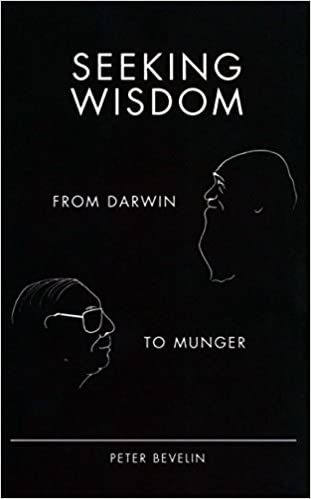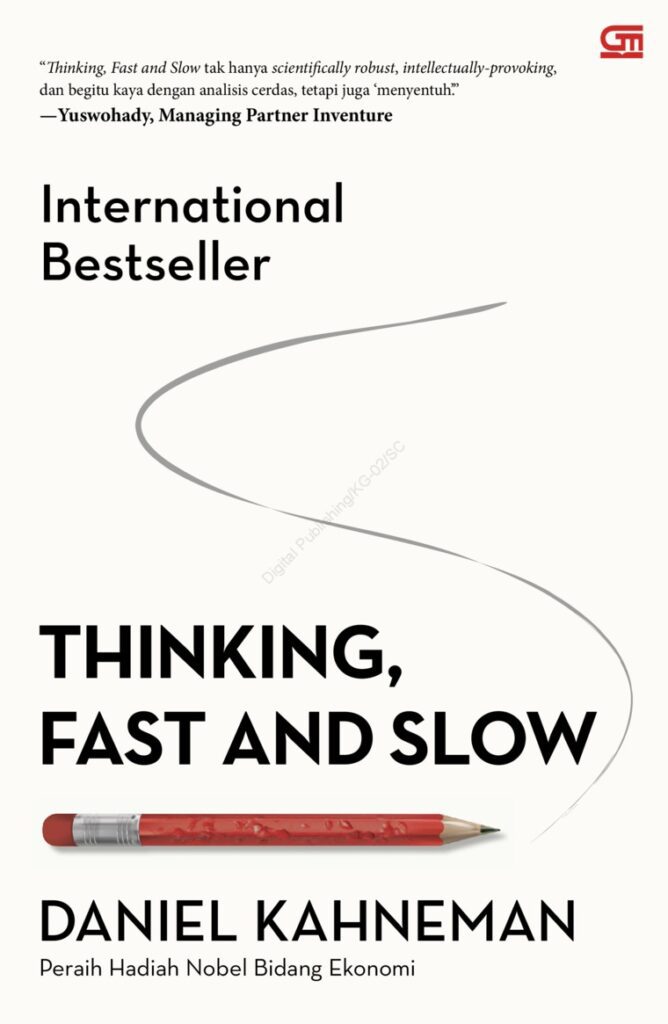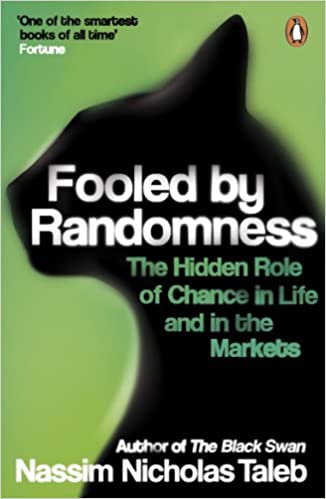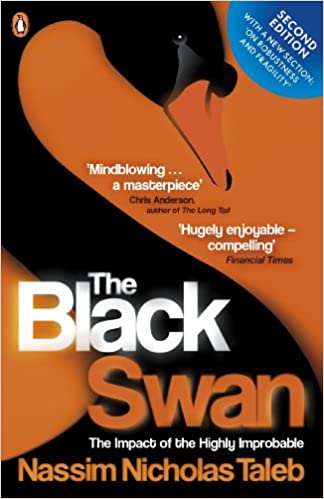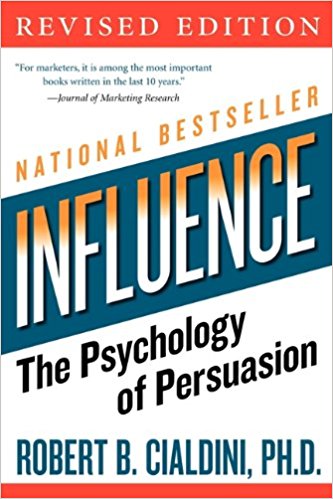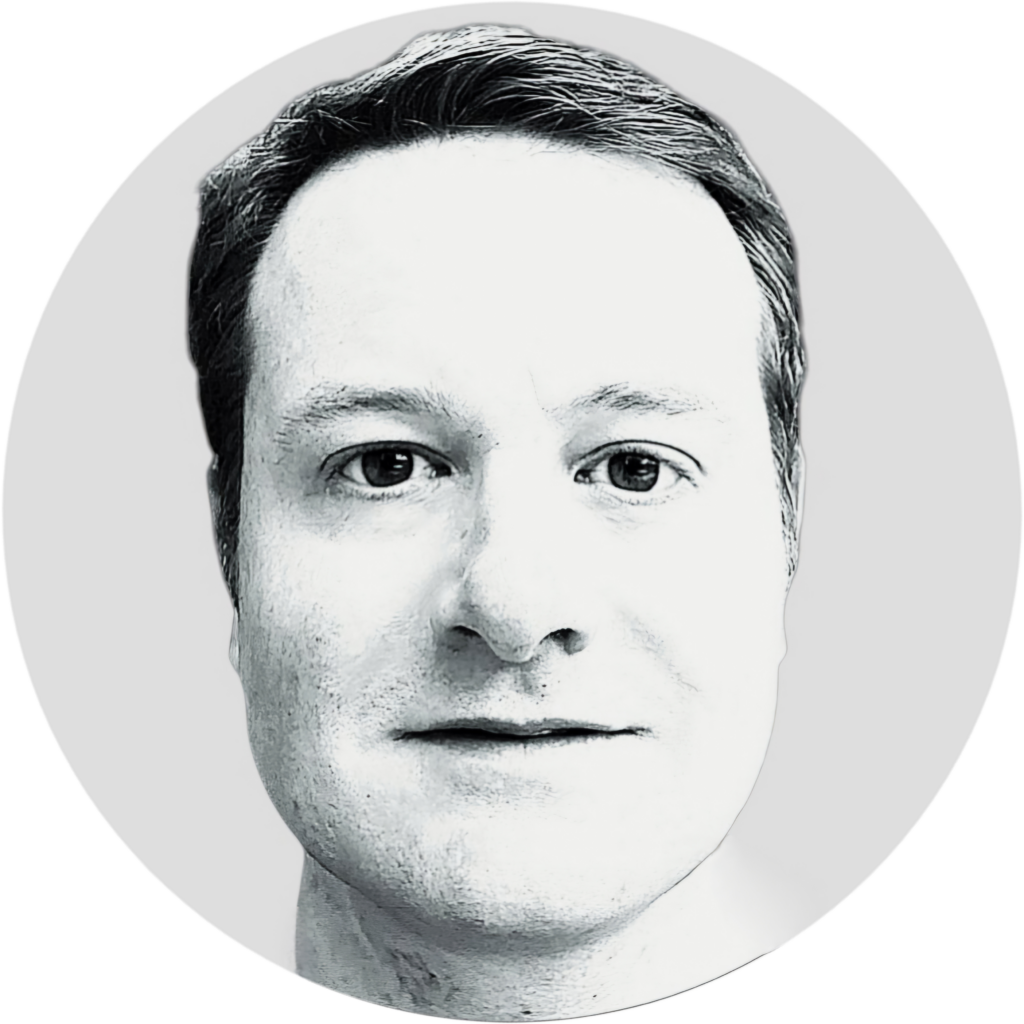My experience with cancer changed my relationship with reading and books. Needing to understand my illness better, I consumed every medical paper I could get my hands on. This knowledge helped me deal with my illness and make wiser decisions as part of my treatment process. If it could help me navigate my illness, could it help me navigate life in general? I transitioned to books about psychology, and then to books about the world around me. Two years of radiotherapy, chemotherapy and several operations means you have a lot of time on your hands!
Here’s my list of the books that made me wiser, and reshaped the way I think about the world.
For a list of all the books that I have read and which have made me wiser, head over to my Library of worldly wisdom. It’s categorised into six buckets of practical worldly wisdom: numeracy, human nature, history, natural science, business and second-level thinking.
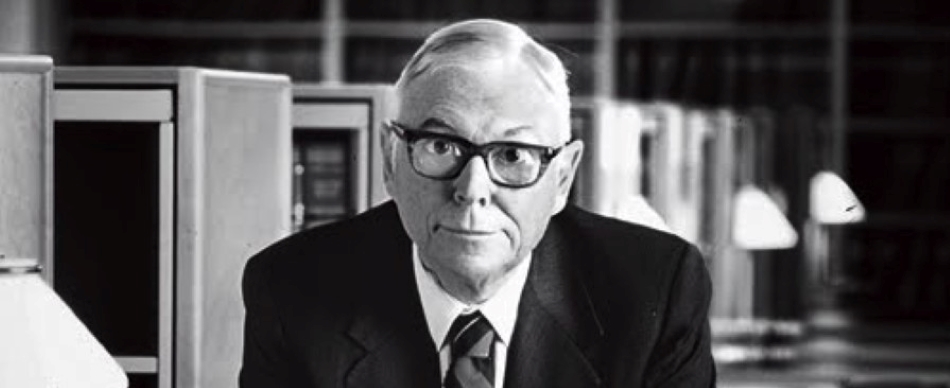
“In my whole life, I have known no wise people (over a broad subject matter area) who didn’t read all the time – none, zero. You’d be amazed at how much Warren reads – and at how much I read. My children laugh at me. They think I’m a book with a couple of legs sticking out.”
Charlie Munger, business partner of Warren Buffet
“You have to go to bed wiser than you got up. As you try to master what you are trying to do – people who do that almost never fail utterly. Very few have ever failed with that approach. You may rise slowly, but you are sure to rise.”
Peter Bevelin
Seeking Wisdom: From Darwin to Munger
If you’re looking for a book to help you become wiser, then where better to start? This book is a synthesis of insights from evolutionary psychology, behavioral economics, and the wisdom of a renowned investor, Charlie Munger. Bevelin highlights the connection between psychology and decision-making, encouraging you to recognize the impact of emotions, social influence, and cognitive biases on your choices. A tome of mental models, it provides a practical and thought-provoking framework for understanding decision-making and seeking wisdom in an ever-changing, complex world.
“The illusion that one has understood the past feeds the further illusion that one can predict and control the future. These illusions are comforting. They reduce the anxiety that we would experience if we allowed ourselves to fully acknowledge the uncertainties of existence. We all have a need for the reassuring message that actions have appropriate consequences, and that success will reward wisdom and courage. Many business books are tailor-made to satisfy this need.”
Daniel Kahneman
Thinking Fast & Slow
“Thinking, Fast and Slow” is a book by Nobel Prize-winning economist Daniel Kahneman that explores the two systems of thinking that people use: System 1 and System 2. System 1 is fast, intuitive, and operates automatically with little conscious effort. System 2, on the other hand, is slower, more deliberate, and requires conscious effort. Kahneman discusses how biases and heuristics can affect our decision-making, and how we can make more rational decisions by understanding and mitigating these biases. In my quest to understand how my brain was working whilst navigating cancer, and making the life-defining decisions that came with treatment, “Thinking, Fast and Slow” was the first book I picked up.
Sapiens: A Brief History of Humankind by Yuval Noah Harari. Harari is a meta-thinker, with the ability to weave ideas and words into compelling philosophies. He charts our origins from hunter gatherers 2.5 million years ago on to the rise of Homo Sapiens 200,000 years ago, then takes the reader through the Cognitive Revolution 70,000 years ago, the Agrarian Revolution 10,000 years ago, into the Scientific Revolution in the 1500s, the Industrial Revolution in the late 1700s and on to the present. As humans we are very good at seeing things from our own perspective and within short windows of time. This book will seriously challenge your horizons.
Superforecasting: The Art and Science of Prediction is a book about how to become a superforecaster, an often ordinary person who has an extraordinary ability to make predictions about the future with a degree of accuracy significantly greater than the average. In a landmark study undertaken between 1984 and 2004, Wharton Professor Philip Tetlock showed that the average expert’s ability to make accurate predictions about the future was only slightly better than a layperson using random guesswork. His latest project, which began in 2011, has since shown that there are some people with real, demonstrable predicting foresight. Tetlock identifies how you can become a superforecaster too. Read my summary of how.
Principles: Life & Work by Ray Dalio. Dalio is the founder of Bridgewater Associates, one of largest hedge funds in the world with approximately $160 billion of Assets Under Management. That he began the company in his two bedroom apartment in New York in 1975, makes him not just one of the world’s greatest investors but also one of the world’s greatest entrepreneurs. Dalio identifies his principles (fundamental truths that serve as the foundations for behaviour that gets you what you want) for building a successful life and business. Principles is unlike any other book I’ve ever read. For more, you might like my post Ray Dalio identifies the 11 characteristics of visionary leaders.
The Most Important Thing by investor Howard Marks. An investing masterclass that should be read by the professional and amateur investor alike. With a focus on psychology and not mathematics, you don’t need to be good with a calculator to gain a huge investing knowledge advantage from this book. I’ve combined Marks and Taleb’s wisdom in my own post: Howard Marks and Nassim Taleb on the role of luck & randomness in life & business.
“As much as we want to “keep it simple, stupid”. It is precisely the simplification of issues that are very complex, which can be dangerous”.
Nassim Taleb
Fooled by Randomness: The Hidden Role of Chance in Life and in the Markets
I’ve said before that we like to think that our lives are ordered, predictable and subject to a great deal of control. The past is finite; we see only one outcome. We attach causality and narrative to it so that it makes sense. We roll our ability to make sense of the past over into the future, which is infinite; there are many outcomes, as yet unknown and unknowable. Randomness, chance, and luck influence us far more than we realize. Taleb unpacks this phenomena in the book, challenging the conventional wisdom that success is solely the result of skill and merit, instead arguing that chance plays a significant role in outcomes. This book completely changed the way I make sense of the world and my attributions of success.
“We are quick to forget that just being alive is an extraordinary piece of good luck, a remote event, a chance occurrence of monstrous proportions.”
Nassim Taleb
The Black Swan: The Impact of the Highly Improbable
The term “Black Swan” can be traced back to 17th century London, when it was used to denote something impossible. For Europeans at the time, the idea of anything other than a white swan was preposterous. But in 1697 Willem de Vlamingh, a Dutch sea captain for the Dutch East India Company, discovered the black swan, Cygnus atratus in western Australia. A century and a half later, the English philosopher John Stuart Mill used the bird to demonstrate what is known as the problem of induction. “No amount of observations of white swans,” he said, “can allow the inference that all swans are white, but the observation of a single black swan is sufficient to refute that conclusion.” Taleb builds on this original wisdom, adding his own and that of other prominent philsophical scientists, to challenge our assumptions about predictability and encourage us to recognise the existence and significance of rare, unforeseen events.
A Short History of Financial Euphoria by J.K. Gailbraith was published nearly 25 years ago. Readable in just a few hours, this wonderful short book charts the bubbles and busts of recent centuries. Gailbraith himself was a Harvard professor and consecutive advisor to US Presidents. He is recognised for being one of America’s leading public intellectuals. Given recent market surges in the likes of Bitcoin, it will interesting to see whether Gailbraith’s key messages will be as timeless as they have proven to be in the past. Or will it be the case that “it will be different this time?”
A Man for All Markets by Edward O. Thorp – I’d never heard of Thorp but my hedge-fund friends soon informed me that he was a living legend. Thorp was a MIT professor, he invented card counting and the world’s first wearable computer, beat the casinos of Las Vegas at blackjack and roulette, then became a bestselling author and hedge fund heavyweight, ushering in the ‘quant’ revolution on Wall Street. A book overflowing with wisdom, for Thorp, the first question to ask yourself in any investment situation (and I’d suggest business in general) is “what’s my edge?” If you can’t answer that question then move on.
Shoe Dog: A Memoir by the Creator of Nike by Phil Knight is an awesome biography about the founder of Nike, charting the true, and extreme, highs and lows of entrepreneurship. Knight tells the story of how, what is still widely regarded to be one of the most innovative companies in the world, it all began from the back of a van in the early 1970s. A Stanford graduate, avid reader of the Classics and books about military strategy, and a natural introvert, Knight captures a wonderful story about what he calls his Crazy Idea and the determination and grit it takes to become successful beyond what he’d ever imagined. Here are my favourite quotes from the book.
Boyd: The Fighter Pilot Who Changed the Art of War by Robert Coram. A beautiful book about an eccentric genius who deserves to be better known than he is for his impact. Boyd is considered to be one of histories greatest military strategists, whose legacy lives in today in ways that most would not comprehend. For a summary of the book, read my post about the strategic genius of John Boyd.
“There is a group of people who know very well where the weapons of automatic influence lie and employ them regularly and expertly to get what they want. They go from social encounter to social encounter requesting others to comply with their wishes; their frequency of success is dazzling.”
Robert Cialdini
Influence: The Psychology of Persuasion
First published in 1984, Influence is apparently one of Charlie Munger’s favourite books. The author’s theory is built upon six ‘weapons of influence’: reciprocity, commitment and consistency, social proof, authority, liking and scarcity. Almost every sales, marketing and growth ‘hacking’ psychology book I’ve read since this one is a rehash of Cialdini’s original work.
“When dealing with people, let us remember that we are not dealing with creatures of logic. We are dealing with creatures of emotion, creatures bristling with prejudices and motivated by pride and vanity. …Any fool can criticize, condemn, and complain – and most fools do. But it takes character and self-control to be understanding and forgiving.”
Dale Carnegie
How to Win Friends and Influence People
This book was first published in 1936, Carnegie pioneered the development of personal business skills, self-confidence and motivational techniques. I find it fascinating that much of his observations, tools and techniques are now backed up by subsequent psychology studies over the last 80 years, including Kahneman and Cialdini. Warren Buffet, Charlie Munger’s business partner, is quoted as saying “this book changed my life.”
Would any list like this be complete without including Man’s Search for Meaning by Victor Frankl? chronicles the author’s time as an inmate in the Auschwitz concentration camp during World War II. The early chapters do not make for easy reading but the book opens up into one of the deepest and most eloquent explorations of the meaning of human existence and man’s search for such meaning. This book is essential reading for anybody interested in the psychology of suffering, mental health, personal growth, and how to lead a happy life.
I’m Richard Hughes-Jones.
I’m an Executive Coach to founders, CEOs and senior technology leaders in high-growth technology businesses, the investment industry and progressive corporates.
Having often already mastered the technical aspects of their craft, I help my clients navigate the complex adaptive challenges associated with executive-level leadership and growth.
I’m based in London and coach internationally. Find out more about my Executive Coaching services and get in touch if you’d like to explore working together.

